Published in Huffington Post, February 25, 2017:
As a young trial lawyer, I wanted to shred the opposing counsels’ briefs rather than read them. Rather than listen to opposing counsel’s arguments in court, I would have preferred to play computer games. I am not alone. To cope with the stress arising from the polarizing effects of the last election, many feel the urge to check out -- avoid or delete messages -- like toddlers who shut their eyes, put their hands over their ears, and yell to drown out others.
We have greater access to information than ever before, but we tune out more and listen less to cope with the onslaught, particularly if the message does not agree with our own pre-existing views. Rather than consider opinions that are contrary to our beliefs, we delete “friends” on Facebook, seek out like-minded views, and tune out the rest.
Listening well is like eating our vegetables: we know its good for us but sometimes it can be hard to stomach. Listening effectively is important for everyone, but particularly for leaders. For example, when a leader pitches a proposal, but fails to hear cost concerns raised by others in response, the leader may fail to consider cost issues and persuade by reframing the message in cost/benefit terms. As Stephen Covey advised in his book, The 7 Habits of Highly Effective People, effective communicators, “seek first to understand, then to be understood.”
Listening also improves strategic decisions. Despite the pressures to think and act fast, failing to take the time to hear diverse perspectives can result in poor and costly decisions. Jim Collin’s comparative research of good to great companies and those who did not fare well, revealed that only the former had leaders who opened their minds and listened to others, even to the brutal facts. As a trial lawyer, I listened carefully to the good, the bad, and the ugly to develop winning strategies.
Finally, people trust and respect people who listen to them, even when the parties disagree. By listening to others, leaders can develop rapport, which in turn motivates others to listen and follow the leader.
Effective listening skills include:
Listen mindfully. Mindfulness requires you to remain present in the moment and listen nonjudgmentally. Being present means ditching distractions, including cell phones, noticing when your mind wanders, and refocusing on the meeting you are in. Listening nonjudgmentally requires an open mind and a willingness to notice, but set aside bias and prejudice, which limit what we learn. Suspend judgment, avoid making assumptions, and withhold criticisms while listening.
Listen actively. Listening requires more than hearing to respond or argue, and it is not a passive activity. Eye contact is important in the U.S. and many western cultures. Ask clarifying questions, which are framed in a way that requires more than a yes or no answer. Additionally, questions that are framed nonjudgmentally will elicit more information and feel less like a cross-examination.
Listen reflectively. Reflect the feelings and content back to the speakers so they know the listener understands them, or if the listener didn’t get it right, ask for clarification. Responding first with a phrase such as, “I see that you are frustrated by . . .” often de-escalates emotion so that issues can be discussed constructively. Reflective listening does not mean agreement; it communicates that the message has been heard. Practicing empathy helps.
Listen for what is not being said. Silence speaks volumes. What is not being said is often a more powerful message about what the speaker really thinks and feels, but is not expressing out loud. Additionally, leaders who surround themselves with only like-minded views may be missing critical feedback that would ensure the analysis and strategy are sound. Lawyers engage in moot court and use mock juries to get objective feedback to improve arguments and strategy. By seeking out multiple perspectives leaders can anticipate issues, improve strategic decisions, and build consensus.
“Listen” to non-verbal communication. Non-verbal behaviors speak volumes too. Crossed arms or eyes looking away may signal disagreement with the speaker. Not all cultures value eye contact, or are highly expressive, so consider asking clarifying questions.
Asking the right questions and listening to the answers can be tough at times; it requires courage and patience. However, as Epictetus, the Greek sage and philosopher said, “We are born with two ears and one mouth so that we can listen twice as much as we speak.” Epictetus reminds us that we can learn more and develop better relationships by listening more and speaking less.
While it is possible to lead without listening well, great leaders use these skills to listen well all the time, which keeps small problems from growing into big ones, improves strategic decisions, and cultivates relationships. “Pivoting” and “doubling down” seem to be the latest buzzwords, but effective listening skills have always been important. To develop the most innovative and successful ideas, leaders should pivot from talking to listening, and double down on effective listening skills because success is not achieved alone.
tp://www.huffingtonpost.com/entry/58b18cfde4b0658fc20f95a4
